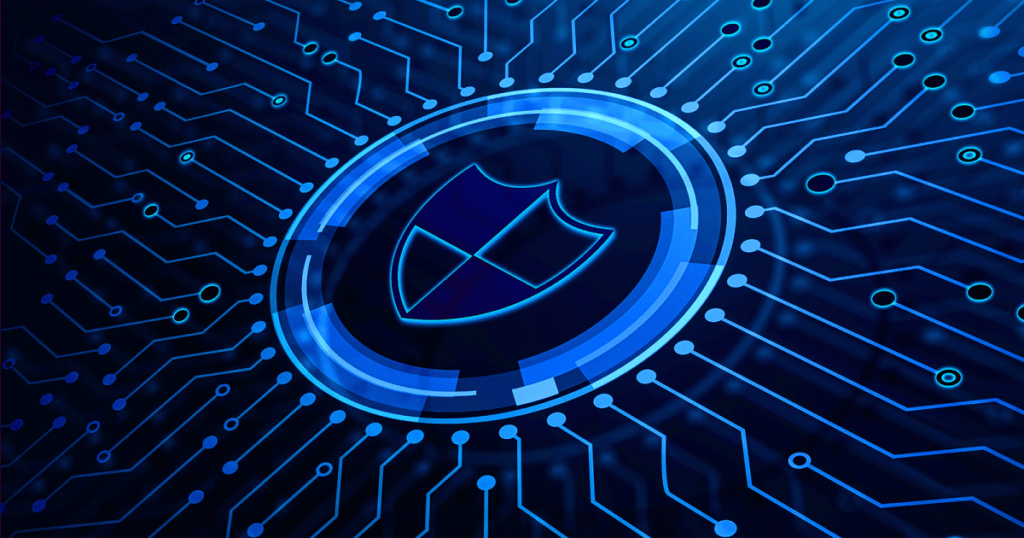Cybersecurity: The importance of protecting personal
Cybersecurity: The importance of protecting personal and corporate data, the evolving threat landscape, and the latest technologies and best practices for securing digital assets.
Cybersecurity is a critical topic in today’s digital age. It refers to the protection of digital assets, such as personal information and corporate data, from unauthorized access, theft, and damage.
With the increasing use of technology in our daily lives, it is important to understand the importance of cybersecurity and how to protect our digital assets.

Various organizations often store personal data, such as our names, addresses, and credit card numbers, online. This information is valuable to cybercriminals who seek to steal it for financial gain.
It is important to be aware of the risks and take steps to protect our personal information. This can include creating strong passwords, using two-factor authentication, and being cautious of phishing scams.
Companies must also protect valuable corporate data. Companies may store customer information, trade secrets, and financial data that could be harmful if accessed by unauthorized individuals.
Cyberattacks can cause significant financial losses, damage to reputation, and legal consequences. Businesses need to implement cybersecurity measures to protect their digital assets and ensure the continuity of their operations.
Cybercriminals are constantly developing new types of attacks and techniques, evolving the threat landscape.
These can include malware, phishing scams, and ransomware attacks. Malware is software designed to harm a computer system or steal data while phishing scams involve attempts to trick individuals into revealing sensitive information.
Ransomware attacks involve the encryption of a company’s data, with the attacker demanding payment for its release. Individuals and businesses need to stay informed about the latest threats and take proactive steps to protect themselves.
There are many technologies and best practices available to help protect digital assets. Antivirus software can help detect and remove malware, while firewalls can prevent unauthorized access to a network. Two-factor authentication can add an extra layer of security to online accounts.
It is also important to keep software and operating systems up to date with the latest security patches.
Encryption is another important tool for protecting data. It involves converting information into a code that can only be deciphered by authorized individuals. This can help protect sensitive data such as passwords and financial information.
In addition to these technologies and best practices, it is important to have a cybersecurity plan in place. This involves identifying potential risks and developing a strategy for mitigating them.
This can include regular employee training on cybersecurity best practices, as well as procedures for responding to cyberattacks.
Cybersecurity is not only important for individuals and businesses but also for the overall security of the internet.
Cyberattacks can spread malware and disrupt critical infrastructure, such as power grids and transportation systems. Governments and organizations need to work together to address these threats and protect the security of the internet.
Conclusion
Cybersecurity is a critical topic in today’s digital age. It is important to understand the risks and take proactive steps to protect personal and corporate data.
By implementing cybersecurity technologies and best practices, developing a cybersecurity plan, and staying informed about the latest threats, we can help ensure the security of our digital assets and the internet as a whole. 바카라사이트
